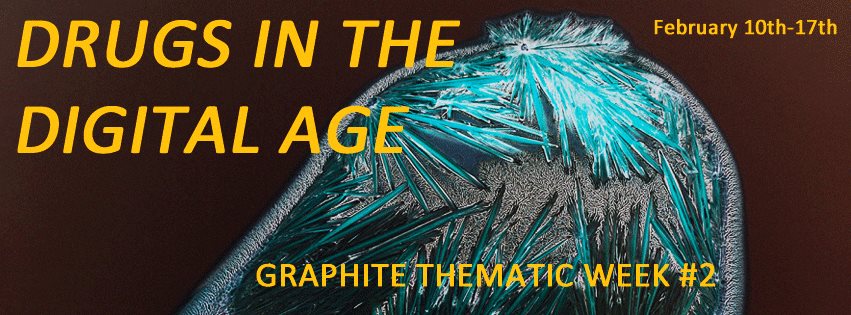In over 200 universities throughout North America including Brown, MIT, and McGill, to name a few, activist groups are gaining momentum in their efforts to pressure their institutions into withdrawing investments from notoriously unethical fossil fuel companies. These student-led groups are at the vanguard of an emerging global movement calling for all educational, religious and social institutions to divest from corporations profiting from harming the environment.
The ultimate aim of the divestment movement is to catalyze the much-needed shift in consciousness regarding environmental ethics. In light of decades of scientific research, it painfully obvious that our current fossil-based economy is neither sustainable nor ethical, and thus should be overturned from both a practical and moral standpoint. By appropriating the influence of their universities, student divestment groups are striving to alchemize this fact into action. But in a debate on divestment between professors at McGill University, there emerged serious objections as to the practical utility of divestment.
The most infamous ‘earth-rapists’, which are obviously the first targets of divestment, are also the industry giants such as Shell, BP and Exon; their sheer size would be virtually unaffected economically by the tiny fraction (always below 0.25% of market cap) that university investment represents. In economic terms, divestment is an empty gesture that would cause no harm to the corporations they target while reducing the diversity of institutions’ investment portfolio. The argument can be made that institutions would in fact hold more sway over the policies of fossil fuel companies by remaining a shareholder, as was the case with the success of Apple’s shareholders in improving the labor conditions in its Chinese factories.
Divestment also contains a notable paradox both in its own program and what it demands from universities. Although its practical objective is to mitigate climate change, it condemns the producers of fossil fuels instead of the consumers, such as airline and car companies, that actually release greenhouse gases into the environment. Fossil fuel companies are profiting from a demand for their product and are not directly causing climate change (this does not hold for the increasingly widespread tar sand extraction); logically, a carbon tax makes a lot more sense. Demanding universities attack a monolithic sector while simultaneously training a host of students in engineering, business and many other majors to take the reigns of such industries also amounts to a contradiction in intent.
The biggest flaw of divestment is that it can only ever be accomplished partially, because institutions depend on their often-unethical investments to function. The futurist inventor Buckminster Fuller rightly said ‘to change something, build a model that makes the existing model obsolete’, and the argument that universities should devote themselves to research in alternate energy rather than sacrifice revenue in a half-hearted and somewhat arbitrary boycott is very convincing. Only a breakthrough in technology that replaces the combustion engine in one fell swoop can make a real difference.
There is a fatal circularity in these objections however: alternate energy sources will never get the attention, manpower and funding required while at every level of society people are still acting in their personal interest to the detriment of all. Global warming, the rise of sea levels, the increase in natural disasters, the uncertainty of food prices – these are issues that clearly affect everyone, regardless of wealth, social status or geography. To solve them, individuals, corporations and states must start thinking in terms of the Earth’s interests. And this is precisely the paradigm shift that divestment movements aim to promote. In a society where profit is king, vocal groups of students are urging their institutions to take a stance on their behalf and say: we do not want your money because it is tainted with the blood of the world.
Universities should lead the way in responding to these requests for two reasons. Firstly, as service-based institutions they should aim to reconcile their need to generate revenue with a socially and environmentally ethical development. For them to train generations of students while tacitly supporting an economy that mutilates the world they will inherit is where the more fundamental contradiction lies. Secondly, as the world’s intellectual powerhouses, universities should be pre-empting changes in collective conscience, and helping to instigate an ‘awakening’ rather than entrenching a flawed and immoral system.
More importantly, universities should endorse a divestment program because although individually their impact will be negligible, there is no telling what a collective effort could achieve. In the 1980’s, some 155 universities divested in companies affiliated to apartheid in South Africa, and had a significant contribution in bringing about its end. Even giant fossil corporations are not immune to condemnation because it casts light onto their dubious practices, especially coming from respected institutions. A surge of public embarrassment can even cause a company to complete change its methods, as is the case with Nike which is now leading the way in ethical workers conditions after activism attracted it too much scrutiny from the media. It is conceivable that fuel companies can be similarly bullied into granting concessions like abandoning tar sand drilling projects or committing to leave certain amounts of proven fossil fuels in the ground.
Under scrutiny, divestment movements are not pursuing the most efficient or logical course of action to condemn the main culprits of the fossil-fuel economy. The practical success of its application thus recedes to the background, while its consciousness-raising capacity and the powerful message it delivers through the mouth of institutions becomes its ultimate end.
- Mischa Snaije




